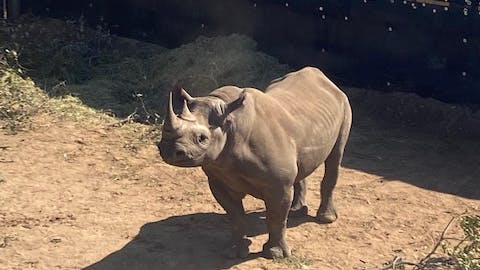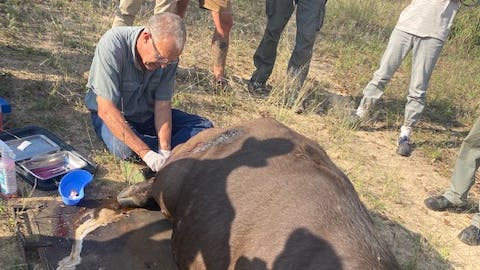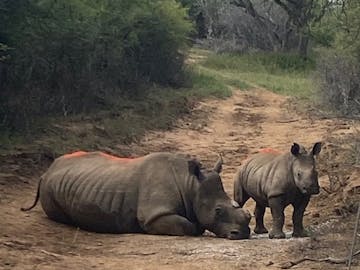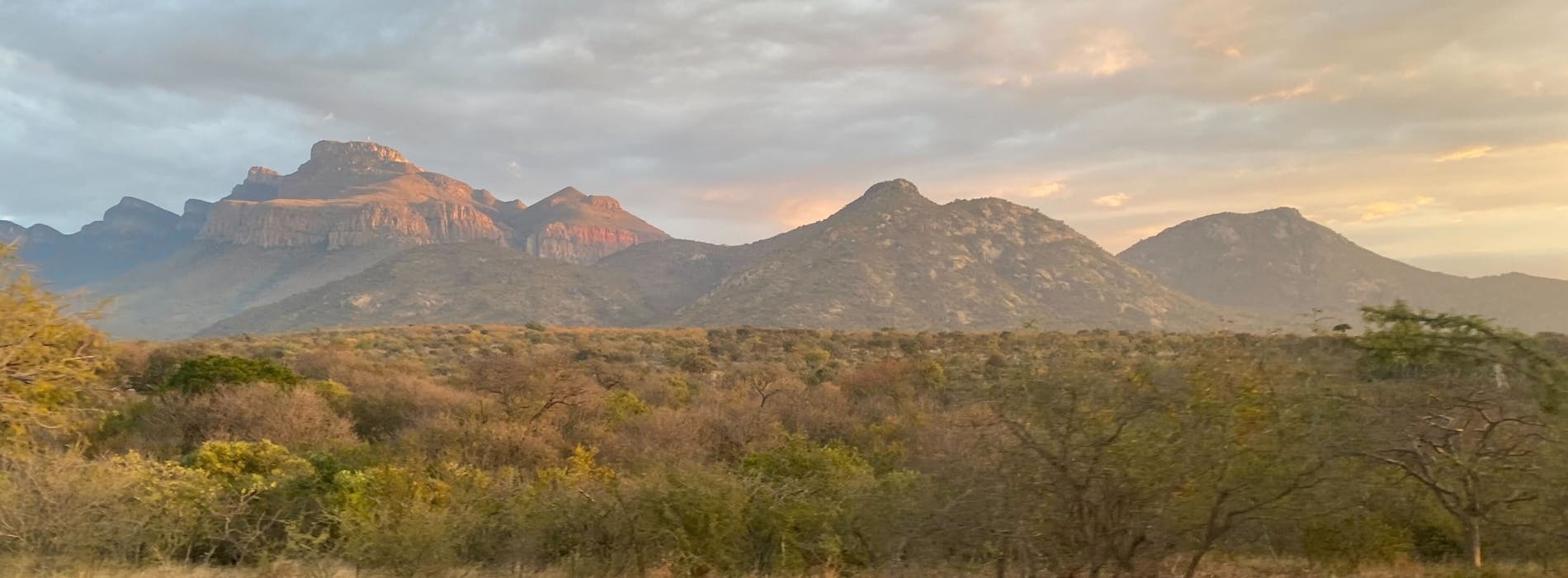WILDLIFE VOLUNTEERING: THE RED FLAGS MOST PEOPLE MISS
Learn more
I’ve always had an interest in veterinary medicine and wild animals. Living in the UK you don’t get many opportunities to work with and see wildlife. I wanted to explore what it would be like working as a wildlife vet, and from hearing about the project that African Conservation Experience (ACE) offers through a friend I knew I needed to book this trip!
The vet I worked with was an inspiration, not only to me but, to his colleagues and other wildlife vets in the area. He was very friendly, funny, and laidback, but also amazing at his job. He was able to answer all of my questions and more! He made sure I was involved in everything and that I got to see as much as possible. I was involved in so many procedures during my two week stay, some examples include, rhino dehorning; working with cheetah by lancing an abscess and injecting them with hormones; treating a buffalo that was injured by a lion; and even seeing how they perform a post-mortem on a hyena which was brilliant! Part of the post-mortem involves testing the animal for rabies, to do this they have to send part of the brain off for testing!
I was part of a particularly incredible operation: translocating rhinos from South Africa to Mozambique. Several vets worked together, however, the vet I was shadowing lead the process. The vets would come to him for approval, for his opinion, and for advice on medication and it was great to see how the team worked together. The rhinos were being translocated to Mozambique because they have very few rhinos left due to poaching. As part of the process the rhinos had transmitters drilled into their horns so they can be tracked easily once they have been released and also to monitor their movements. I got to be very involved in the operation and once the rhinos had been darted and loaded into crates I was able to help the vet nurses administer reversal drugs to the rhinos!
Expect the unexpected!
One animal I never thought I would get to see was a pangolin as they are the most trafficked animal in the world. On my first day at the clinic I saw a pangolin! I learnt how to effectively care for pangolins in captivity such as how they do not eat unless they are taken on really long walks to forage. The pangolin I saw needed to be given fluids as it was losing weight.
The host family that I stayed with were amazing, and they are all very friendly and make you feel as though you are part of their family. Their house is on a reserve that also has wild animals roaming around. The accommodation I stayed in was really nice, it was almost like a small studio with an ensuite bathroom which gave me privacy when I needed it. The rooms are separate from the main house where I would eat their incredible food and play games or watch tv in the evening. On the weekends they also had lots of different activities I could get involved in. I chose to go horse riding on their reserve as the host family owns their own stables. I also went on a trip to the Kruger National Park and saw lots of other wildlife that I hadn’t already seen with the vet. If I was able to stay longer I would definitely have chosen more activities!
This experience will help me with my future studies. It has given me a unique opportunity to work with lots of different species which would not have been possible if I had not volunteered. The work I was involved in and the knowledge gained from working with lots of different species will also help me stand out from other students!







